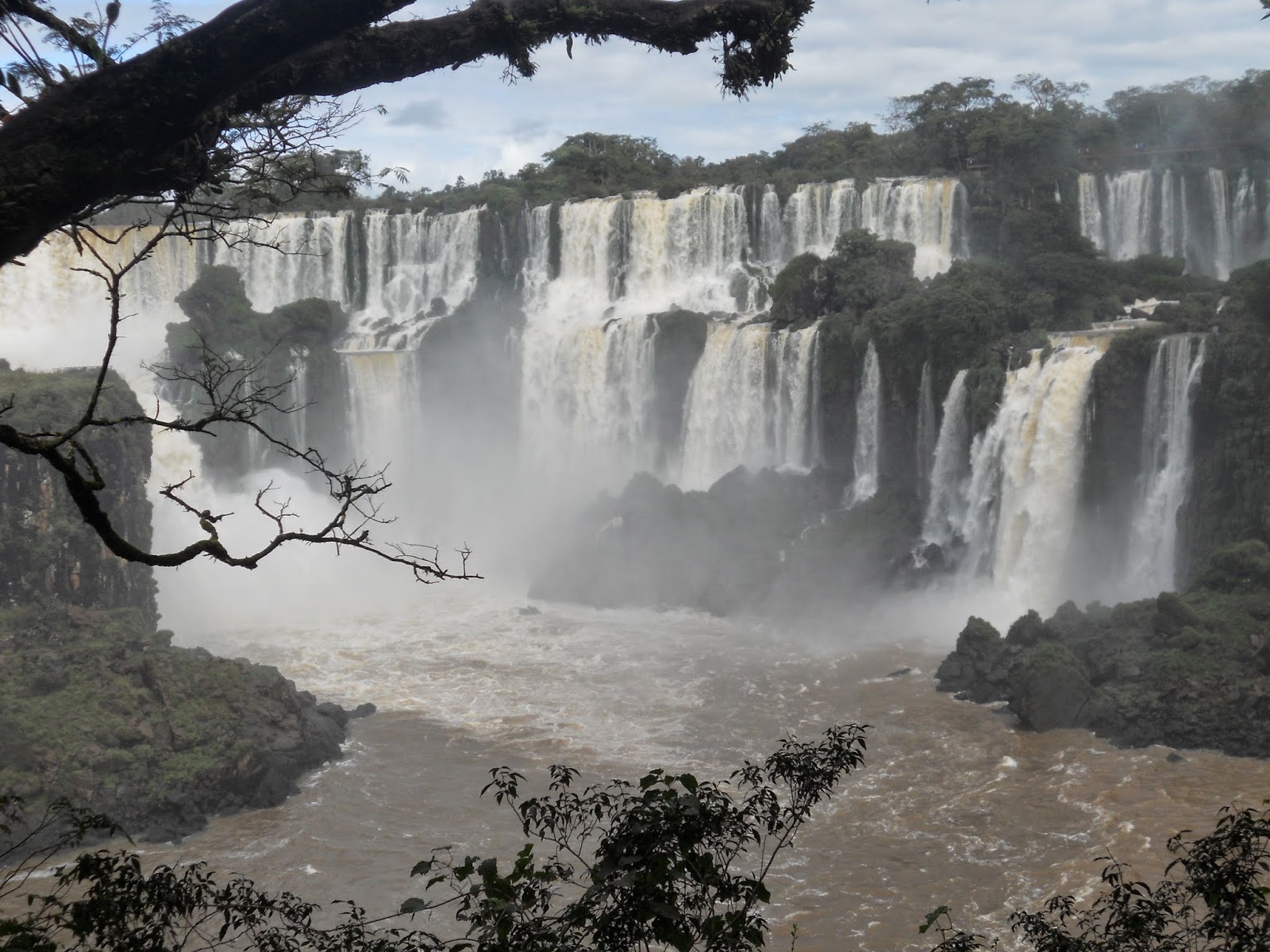Spending time in a nation at war was an incredibly impactful and memorable experience...but I didn't feel it was my place to write about them. Unlike my cousins living in central Israel, I don't have young children who need to run for cover during the red alerts. Unlike many of my friends, I didn't know any soldiers who lost limbs in the war. I didn't need to go to any of my friends' funerals during my visit. And unlike everyone I visited there, I was scheduled to leave and continue on to destinations with missile-free airspace. I have a host of personal and political opinions surrounding my visit, but I was just passing through. I don't think my sentiments carry the same weight as those of my friends and family who are continuing their daily lives living under fire. So I don't feel it's my place to write about them here.
But there's one thing I do want to write about, and that's ALS. Israel was a late addition to my itinerary, but I was grateful to add it because it gave me an opportunity to visit a cousin of mine who was diagnosed with Lou Gehrig's Disease back in 2011. I spoke with my cousin's wife, Rachel, about all of the changes that they've had to make since the diagnosis. She talked with me about the process of attaining a motorized wheelchair, a new accessible van, and installing a ramp. (Their building doesn't have a lift) The government usually pays for or reimburses for these services, but while they work with the bureaucracy, the family still had to find crafty ways to come up with the large cash outlays that are needed to pay for the accommodations.
My cousin David taught Judaic studies for many years, a subject he was very passionate about. He was still teaching up until a few months before I came. When it was too much of a hassle to leave the house, students would come to his home and he would give seminars from his apartment. He was still very active until recently, but now he's not speaking and he communicates with a computer and a sensor attached to his nose. He also gets uncomfortable quickly and uses the computer to call to family members or aids to help him shift position. (Think of a Fur Elise ringtone playing every 3 minutes, all day) Because there's no lift in his building, David can't make it to shelter during code red alerts, so a family member or aid stays with him and they hope for the best.
I was happy to see the ALS ice bucket challenge go viral in the days after my return to the US. I, like many others, was concerned that many of the people who took the challenge (or even donated) didn't know much about the disease or the way it affects ALS patients and their families. I hope this short post can help teach a little more about what people with ALS and their families experience on a daily basis.
My brother challenged me earlier this week and even though I feel financially exhausted after this trip, I didn't think twice about donating to this cause. My ice maker is also broken, so if anybody wants to have me over and help me dump a bucket of ice water over my head, let me know!
Despite the tension, I thoroughly enjoyed my stay in Israel and hope that the next visit takes place during a more peaceful time. I finally made it to Stockholm about 6 days behind schedule. That's a story for another post.
You can learn more about ALS and donate here.














.png)

















